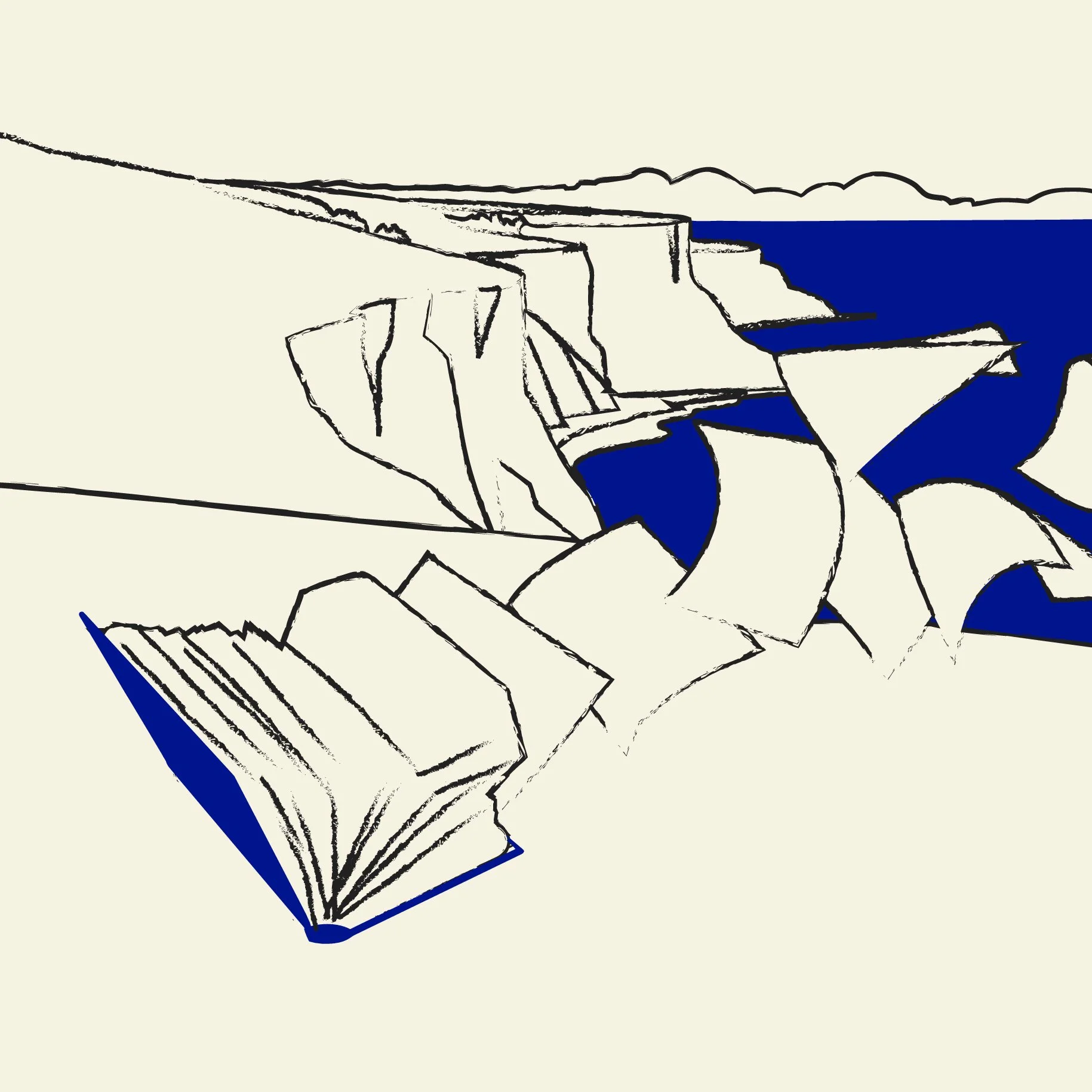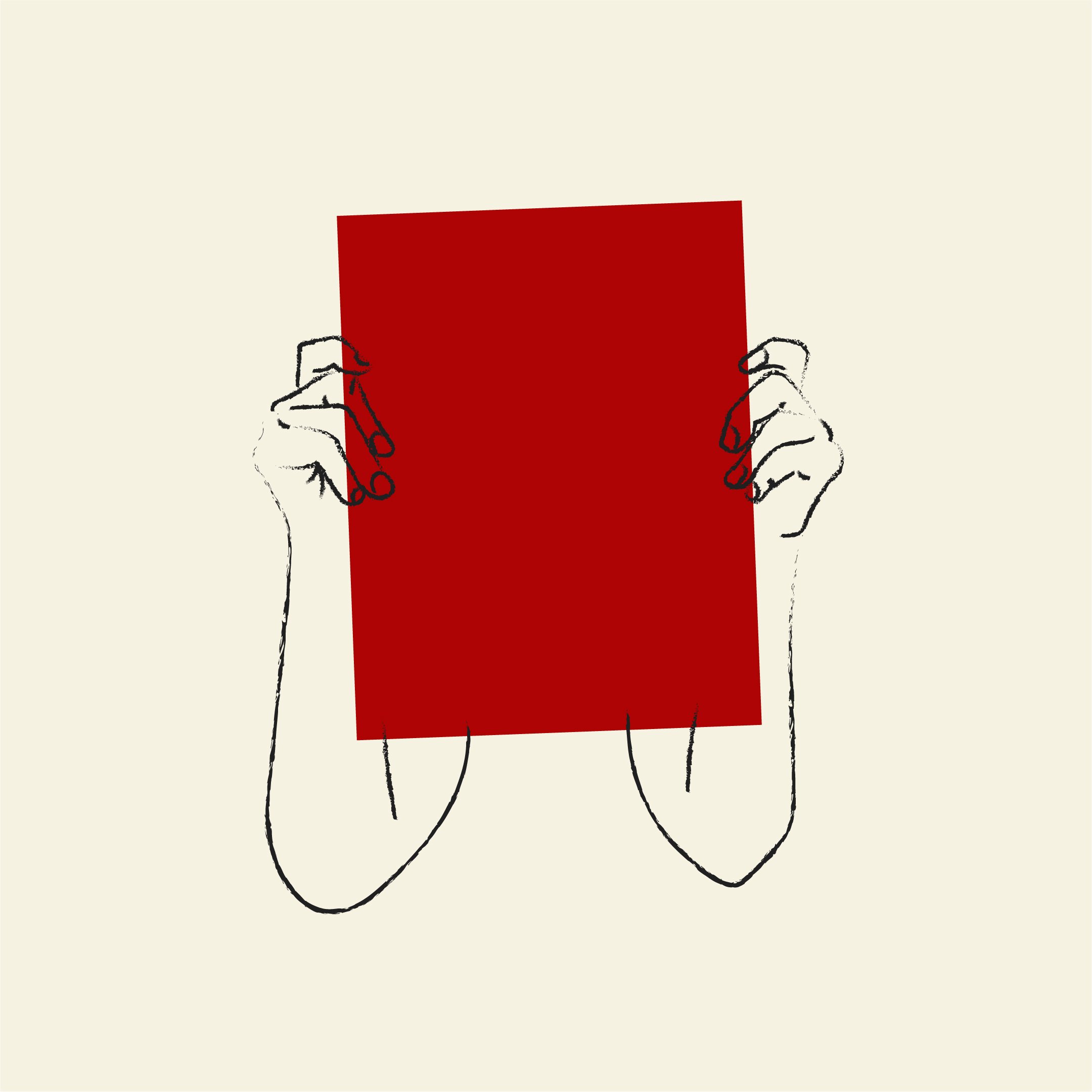Poems From Wales
“I heard of a young man, traveling the world, / who had taken with him a Welsh dictionary.”
SEPTEMBER 16, 2025
To Translate
LLŶR GWYN
OK, I understand
what you’re thinking.
And yes, it can be dispiriting.
But if it puts food on the table
from nine till five at most, it’s a means of escape.
An accommodation with life.
And call me peculiar
but sometimes it’s even better than that.
I can turn around and find it’s four o clock
and work is still too much of a puzzle
yet, suddenly I come upon
the exact words…
As, you might imagine
when you’re on your own on a mountainside
and take a step
that startles a skylark from its nest
and the lark climbs higher and higher
and sings until it disappears
and that’s how you rediscover your own fluency.
Sometimes, but only sometimes,
it’s like that…
The Sea Organ at Zadar
SIÂN NORTHEY
A team of academics
with Powerpoint graphics
is expounding on the decline,
death and disappearance
of the world’s minority languages.
For such a situation they offer rescue
and if rescue doesn’t work
some magickal
potion to pickle
endangered words.
Then at the end of the day
after feasting on silvered fish
and drinking wine and beer
they walk north toward the organ,
simpering at the sounds it makes
when a particular wave washes over the pipes.
Indescribable?
Undiscoverable?
Such an arrangement of notes
has never been heard before
and will never be registered again.
Three Words Towards the Death of our Language
KAREN OWEN
I heard of a young man, traveling the world,
who had taken with him a Welsh dictionary.
Our language, and its alphabet, are unique.
but of this that man couldn’t bear to speak.
He might mutter and mumble,
but every time he opened his mouth
death found an echo
in every sentence.
When someone asked about the book he carried,
the only answer he allowed
– ignoring all our wealth of words –
was the latest from his dialect of shrugs:
leaving our language
shrunken in its shroud.
Cyfieithu
LLŶR GWYN
Ocê, dwi’n gwybod be dach chi’n feddwl.
Ac ydi, ar un wedd mae’n ddiflas.
Ond mae’n fwyd ar bwrdd
mae’n ddechrau am naw ac mae’n orffen am bump gan mwya,
ac mae hynny’i hun yn fath ar ddianc.
Yn gyfaddawd efo bywyd.
A galwch fi’n od, ond weithiau
mae’n fwy na hynny hefyd.
Mae’n droi rownd a ffeindio’i bod hi’n bedwar,
mae’n ddigon o bos i dy gadw rhag dibyn:
ac weithiau, jest weithiau,
pan fydd y geiriau –
Ti’n gwybod, ar ochr mynydd ben dy hun,
pan ti’n cymryd cam sy’n styrbio’r hedydd yn ei nyth: mae’n
curo mae’n rhuglio,
mae’n canu, mae’n esgyn yn uwch
ac yn uwch nes diflannu?
Weithiau, jest weithiau, mae o’n hynny.
Yr Organ Fôr yn Zadar
SIÂN NORTHEY
Criw o academwyr
a’u graffiau Powerpoint yn datgelu
dirywiad, tranc, diflaniad
ieithoedd bach y byd.
Gresynant, cynigiant achubiaeth,
ac os nad achubiaeth
riset rhyw hylif hud
i biclo’r geiriau.
Yna, ddiwedd dydd,
ar ôl gwledda ar bysgod arian
ac yfed gwin a chwrw,
cerddant dow-dow tua’r gogledd
at yr organ.
A gwirioni at y synau ddaw ohoni,
synau na chlywyd erioed o’r blaen,
ddim hyd nes i’r don arbennig hon
daro’r tyllau.
Trefniant o nodau na chlywir
fyth eto.
Ac na chofnodwyd gan neb na dim.
Tri Gair ein Tranc
KAREN OWEN
Mi glywais Gymro ifanc ar ei daith
ac yn ei sgrepan cariai hwn hen iaith,
ond er mor hynod oedd yr wyddor, wir,
ni allai’r Cymro,really, ei dweud yn glir;
roedd naws whatever i’w frawddegau mâl
a marw ym mhob sill o’i yngan sâl.
Pan ddôi cyd-deithiwr ato i ddweud y drefn
am gadw’n gaeth y trysor ar ei gefn,
o’r holl ganrifoedd geiriau ar ei go’,
ni allai faglu dweud dim mwy na so.



